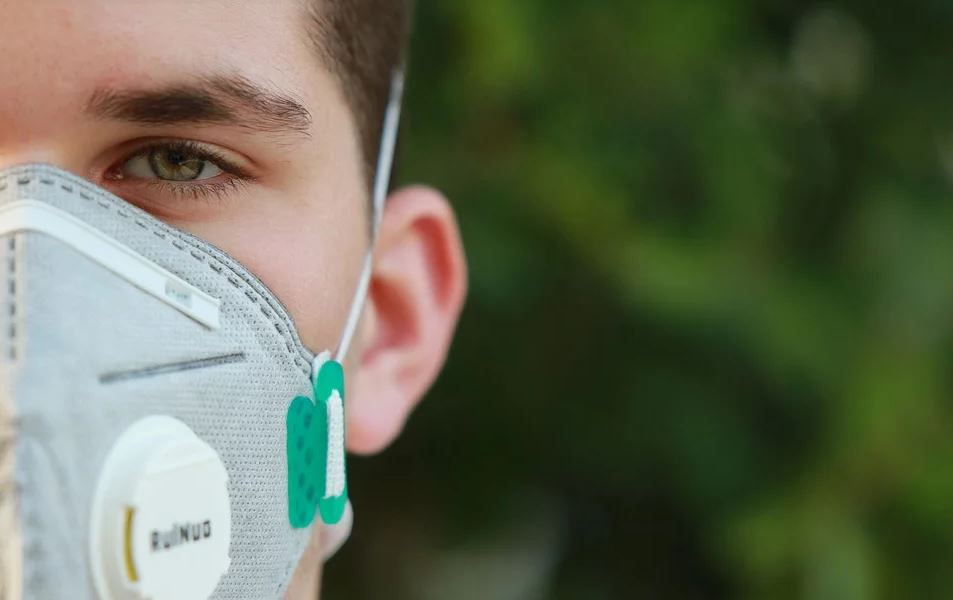The First Vaccinated for COVID: Priority Goes to Nursing Homes and Healthcare Workers
Long-term care facilities across the country continue to struggle with the impact of COVID-19 on the vulnerable older population. With the development of a vaccine feverishly underway, healthcare workers have done their best to mitigate the spread using sparse personal protective equipment, sanitization, and other safety strategies. Operation Warp Speed, which originated as a partnership to quicken the development of a COVID-19 vaccine, has finally begun to produce results—and the elders in the nation’s thousands of nursing homes may be the first to benefit.
U.S. Department of Health and Human Services Secretary Alex Azar announced early in December 2020 that 20 million Americans could be successfully vaccinated by the end of December, with plans for up to 100 million by March 2021. While the exact distribution timeline and method is still under review, Pfizer and Moderna have filed requests for emergency use authorization that are currently being examined by the Food and Drug Administration.
The Strategy: Nursing Homes and Nurses to get COVID Vaccine First
The overarching strategy appears to indicate that frontline healthcare workers and older residents who live in nursing homes and other long-term care facilities would be the first to receive the vaccine against the novel coronavirus, which appeared in 2019. Governor Ron DeSantis of Florida noted that “vaccinating long term residents first will reduce mortality with COVID significantly and will allow these facilities to return to normal operations”—a concern that has sparked some controversy in the past, as the pandemic has brought to light the potential failings of facilities’ “normal operations” in terms of successful resident care.
As Florida nursing home abuse attorneys, our firm has been overwhelmed with the staggering death rates in Florida facilities due to COVID-19.
How the COVID-19 Vaccine Will be Distributed in Florida Facilities
More than 90% of the state’s licensed facilities have already signed up for vaccine distribution, indicating that protecting healthcare workers and the older residents within nursing homes remains a significant priority. While participation in the vaccine program is optional, state officials are seeking 100 percent participation in order to reduce or eliminate deaths from coronavirus within nursing homes.
Both Walgreens and CVS are coordinating in the planned mass distribution of a COVID-19 vaccine, seeking to offer access to the vaccine free of charge. This may extend to frontline healthcare workers as well in an effort to reduce the spread of the virus. However, at this time, no plans are in place to allow secondary contact workers to receive the vaccination. Despite the current focus on nursing staff and residents, Dr. José Romero, who heads the community that develops the immunization guidelines for the CDC, expressed an intent to offer the vaccine to frontline healthcare-exposed workers, such as food delivery people or maintenance teams. These individuals come into contact with healthcare workers exposed to the virus and remain at a high risk.
The vaccination currently appears to be more than 90 percent effective at preventing coronavirus in patients who had no previous indications of the disease. Vaccines for nurses will be provided unless the patient expresses a medical exception to receiving it; however, some staff have voiced concern over using vaccines on individuals who have already tested positive for the virus. Whether their innate antibodies are sufficient in preventing a recurrence of the disease after contracting it may play a critical role in stretching the limited supply of vaccines further during the early months of low production.



